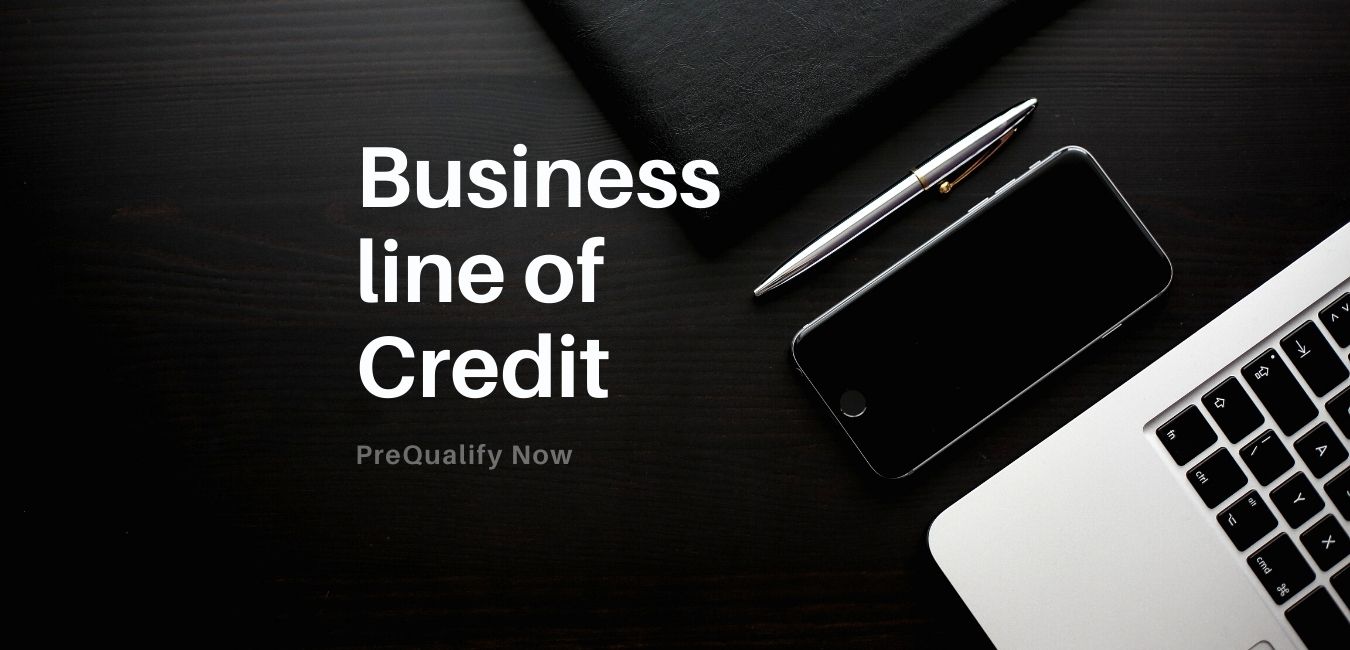Financial Management Mistakes You Probably Commit and How to Avoid them?
Most people have their initial introduction to financial management throughout their academic and vocational years. This is the stage at which most adolescents obtain their first loan, acquire their first credit card, and sign their first paychecks. However, it is also an expected time of making budgeting and financial mistakes that can have a long-term impact on their financial situation.
According to surveys, only four in ten adult Americans have enough money to cover a $1,000 vehicle repair or hospital treatment expense. Additionally, a Federal Reserve poll found that 39% of Americans could not come up with $400 to meet an unprecedented crisis such as health emergencies, broken home appliances, plumbing or air conditioning maintenance, and other home repairs, unless they do so through loan or selling assets and items.
If you’re simply living paycheck after paycheck and no consideration for rainy days, retirement, or safety nets, you may find that your budget is destined for failure from the start. That’s why saving and knowing common budgeting errors is essential to do so now before they happen.
Failure to Monitor Your Expenditures
Anyone who is financially stable will almost certainly advise you to live within your means. Anyone would have undoubtedly suffered or at least experienced bad spending habits once or twice, but too much overspending may put you in serious problems. Thus, one of the most effective ways to snuff out excess before it gets the opportunity to do substantial harm is to create a personal budget plan for yourself.
Assess and evaluate your strategy and make any necessary adjustments. Consider your ongoing costs, steady expenses, and anticipate budgets for unexpected emergencies. For example, instead of eliminating the budget for your electric bills and delay paying it for the next month, include all probable costs and unnecessary purchases you made and make changes in other areas or weeks to ensure the funds are available and set to go when needed.
This strategy aims to assess your costs to your profits and ensure that your outgoings do not exceed your inflows. If you can generally gain from your earnings minus your expenses, you can be confident that you are not going overboard with your spending.
Prioritizing Wants Over Needs
Several young individuals fall prey to the dilemma of going broke simply because they haven’t taken the time to consider the types of costs they are incurring carefully. Almost every cost may be classified as either a necessity or a desire, depending on the circumstances.
For example, although feeding is an unavoidable must, a Frappuccino with a shot of espresso from an expensive cafe is a want. Obviously, a caffeinated beverage might feel like an absolute requirement when life becomes hectic and stressful due to school work and job demands.
Fortunately, you may still indulge your desires without busting your wallet. For example, it is possible to forego the expensive coffee entirely and prepare your own brewed coffee at home for a lower cost.
Taking YOLO a little too much
As an adult, you are most certainly familiar with the concept of living in the now. Consider the following scenario: you are in a social situation with your pals. An expensive restaurant is suggested by one of the party’s members. Having already had a fantastic time with your peers, what could possibly make this experience even better than going out to dine with your friends?
Naturally, everybody approves, and at first, you did as well, although you know underneath it all that you are not in a position to pay this type of expenditure at this point.
When faced with these kinds of circumstances, the most straightforward response is to just say no. Of course, you’d most certainly like to have an active social life and have some fun with your buddies, and there’s nothing wrong with that. Still, it’s perfectly okay to establish a balance and set boundaries when particular pastimes take a toll on your financial situation. Remember that towards the end of each month, when your bank balance is looking a little thin, you will be grateful that you put aside an extra $40-$50 in your savings account.
As time progresses, you’ll discover that there is nothing more satisfying than realizing that you have a firm grasp on your financial situation. Maintaining excellent financial health at all times is a fantastic strategy so that you can develop the habit of continuing it in the long run. Cutting costs and saving will grow in value over time as you become more adept at preserving your resources.




